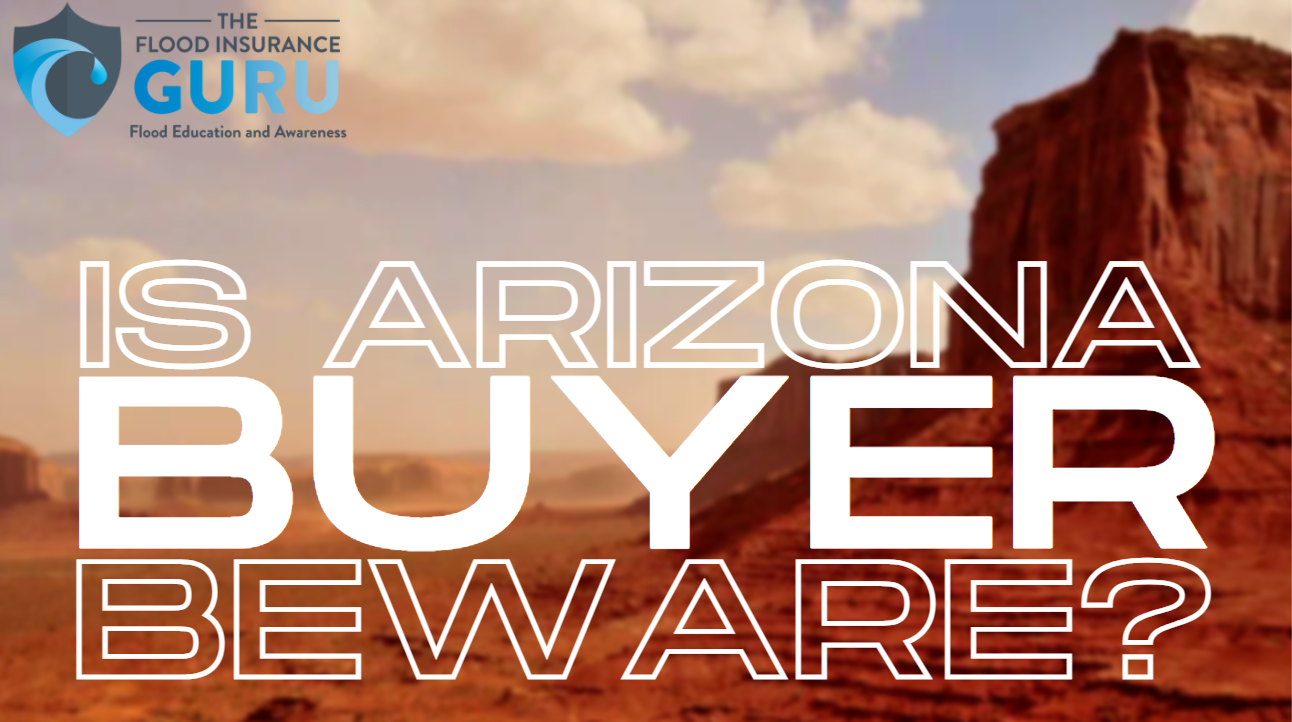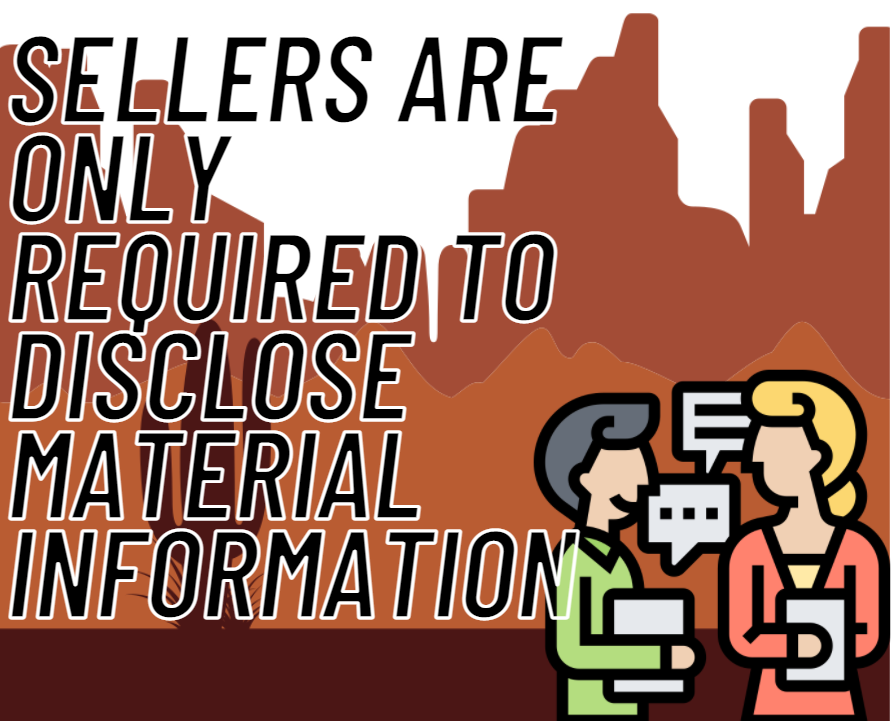
Topics:

Buying a property is not something that anyone should underestimate. I mean, we're talking about moving to a place you would call home and it wouldn't be fun if you realize that it doesn't feel like one after a few years because of an issue with the property itself.
Today, we want to talk about disclosures and how this can help you avoid a bad experience when you look into the Arizona real estate market to purchase your new home.
As a buyer, it's important to know the disclosure law regardless of what state you're in. These laws and regulations help you get a quick look at the property you're buying and avoid getting blindsided by its risks.
Historically, a lot of states followed the caveat emptor rule where a buyer really doesn't get a chance to be given an idea of the history and details of the property. This is also known as buyer beware because of the responsibility of checking a property to know all of its information.

Buyers have to be aware of this and you are expected to do it by your own means. This includes using your own money to do a home inspection which can really put a dent in your purchase money.
Good thing this changed as Arizona is one of the states that moved out of this caveat emptor rule. This means that buyers will be proactively informed of the information that the seller knows about the property through a disclosure statement form.

However, unlike some of the states that moved out of the buyer beware rule, Arizona isn't heavy-handed when it comes to disclosing property information. This is because the seller is only required by law to share material information. This pertains to the materials that "have an impact on the value of the property, the buyer's decision to purchase, or use of the property".
This means that sellers are only required to disclose everything they know about the property when it comes to the materials. The form also allows them to answer "Do Not Know" when they genuinely don't have any knowledge about an item in question.
Since Arizona doesn't really require the seller or an owner of a property that's being sold in the real estate market to know it all, the caveat emptor or buyer beware somewhat still applies here.
As a buyer, you still need to be cautious and do your due diligence to have the property checked. At best, sellers are only required to disclose the flood hazard and flood zone of the property — assuming they are aware of it. However, it's a different story if you're a real estate professional who's helping someone sell a property.

If you're doing a real estate transaction with a real estate agent, you will be able to get more out of that disclosure law. These agents are expected to really be able to know things about the property.
Despite having no standard form required, Arizona encourages sellers to use the Residential Seller's Property Disclosure Statement form (some would call this "spuds").
This is the part where if you're a buyer, you want to check on the flood data of the property. This can be done by asking the right questions to the current owner.
This includes reviewing previous flood claims, flood history, and flood risks. Generally, this information is only accessible to the current property owner. This can be gathered with a help of a good flood insurance agent.

Knowing flood data on a property has a direct benefit for you once you close on a deal on that property since you also know where your flood insurance will lie.
Buying a new home can mean the world to anyone. This is a place where our children will also build their families. A lot of memories come here and it would really be sad if the start of it is not a good memory.
This is why it's important to understand your risks when moving to a new home and how disclosure laws can help you make a final decision. This also impacts your insurance especially when it comes to flood insurance.
Right now, the federal flood insurance through the National Flood Insurance Program (NFIP) assesses these flood data to determine the premium rates. This is one of the results of federal flood insurance moving into the new Risk Rating 2.0 program.
You can see our coverage for the Risk Rating 2.0 impacts on Phoenix, Arizona below:
This has been something that the private flood market in Arizona has been doing as well. If you want to know how these two options are different, feel free to watch our video where we do a rematch between the NFIP and private flood:

If you've got questions understanding how to utilize your due diligence to understand the flood risks for a home that you're looking to buy, the flood risks in Arizona, or anything related to flood insurance, click below to go to our Flood Learning Center:
You can also call us by clicking the link below:
Remember, we have an educational background in flood mitigation and we want to use this to help you avoid getting blindsided by flood risks, understanding your flood insurance, and protecting the value of your property long-term.
Topics: